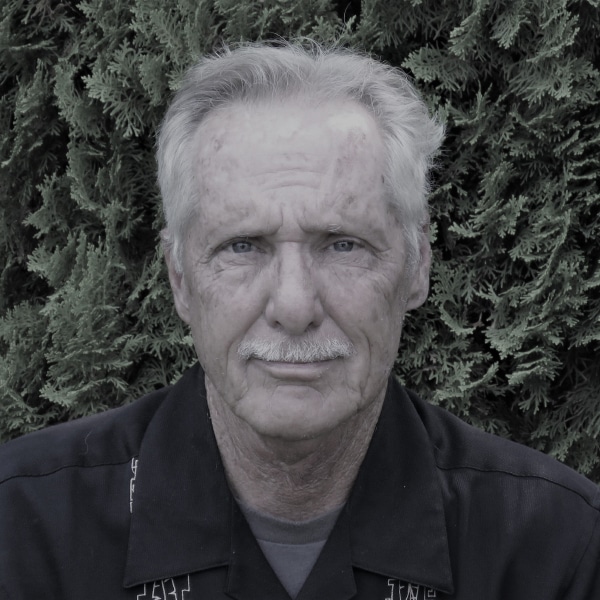How qualified immunity works: U.S. courts show wide regional disparities in granting qualified immunity, the controversial legal doctrine now under fire for protecting officers accused of excessive force.
The shooter was Fort Worth, Texas, police officer Hugo Barron. He and his partner had been looking for two shirtless Black men wanted for an armed robbery involving tennis shoes. When the cops spotted David Collie, they pulled into the apartment complex, got out of the squad car and started shouting commands at him.
Police dashboard camera video shows that Collie was walking away from the two cops as he pulled his hand out of his pocket and raised his arm. That’s when Barron fired his gun. A hollow-point bullet slammed into Collie’s back, punctured a lung and severed his spine, leaving him paralyzed from the waist down.
In the four years since then, Collie, now 37 years old, has lived in nursing homes, afflicted with infections, pressure sores, and bouts of crushing depression. As he talked about the July 2016 shooting and what it took from him, wails from an elderly patient echoed down the corridor. The odors of urine and excrement wafted in from the hall. Collie closed his eyes and exhaled. “Paralyzed over some tennis shoes? Come on, man,” he said. “You’re playing with a human life here.”
More here






























